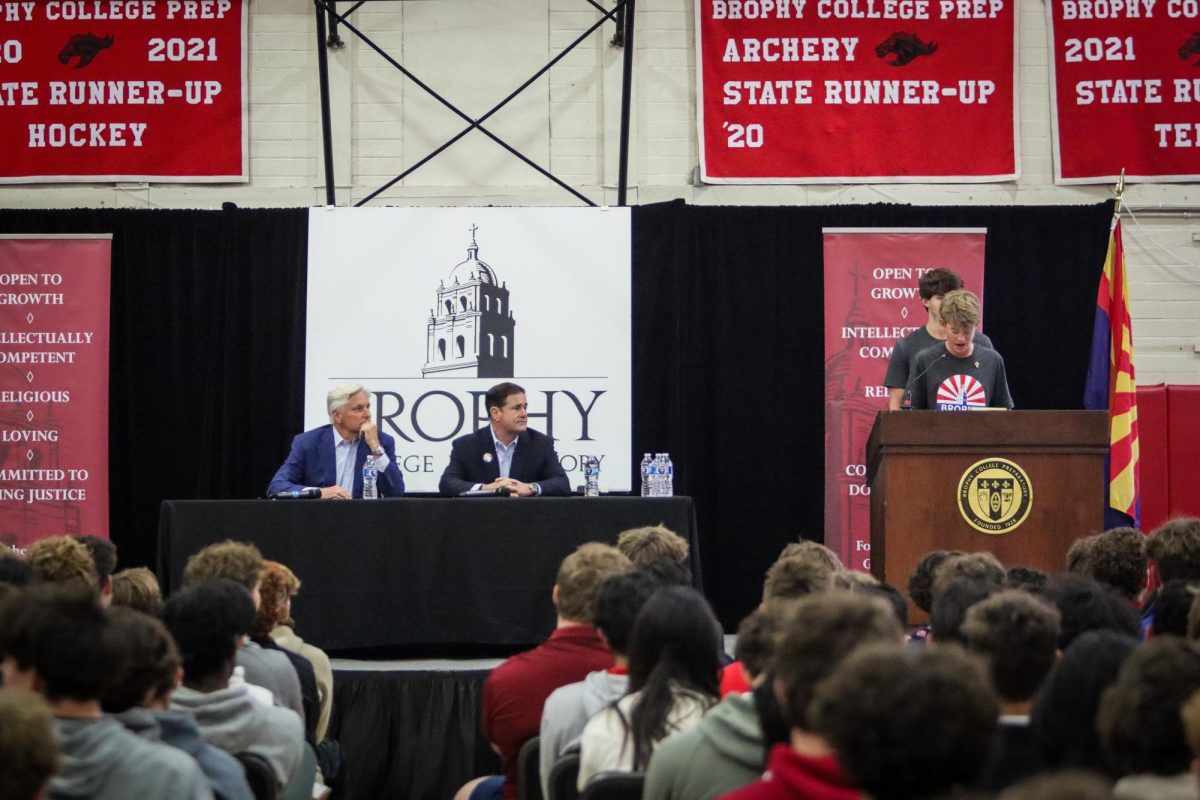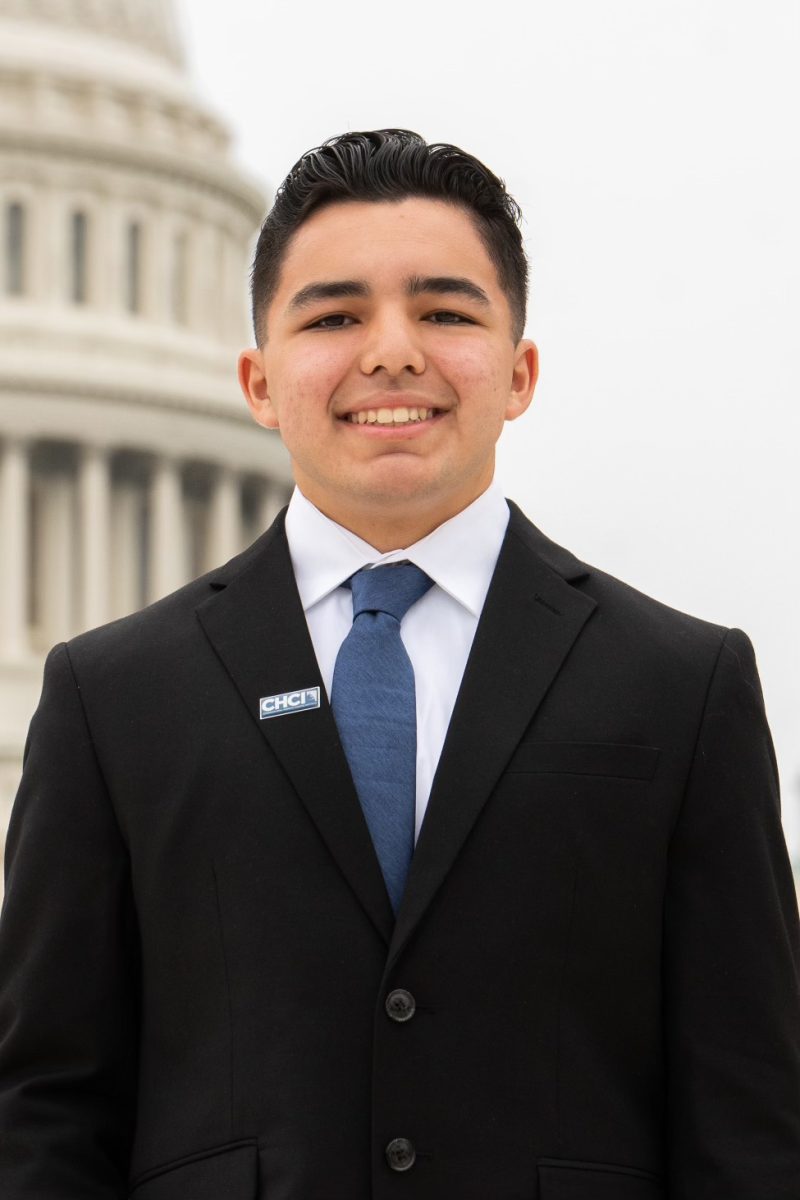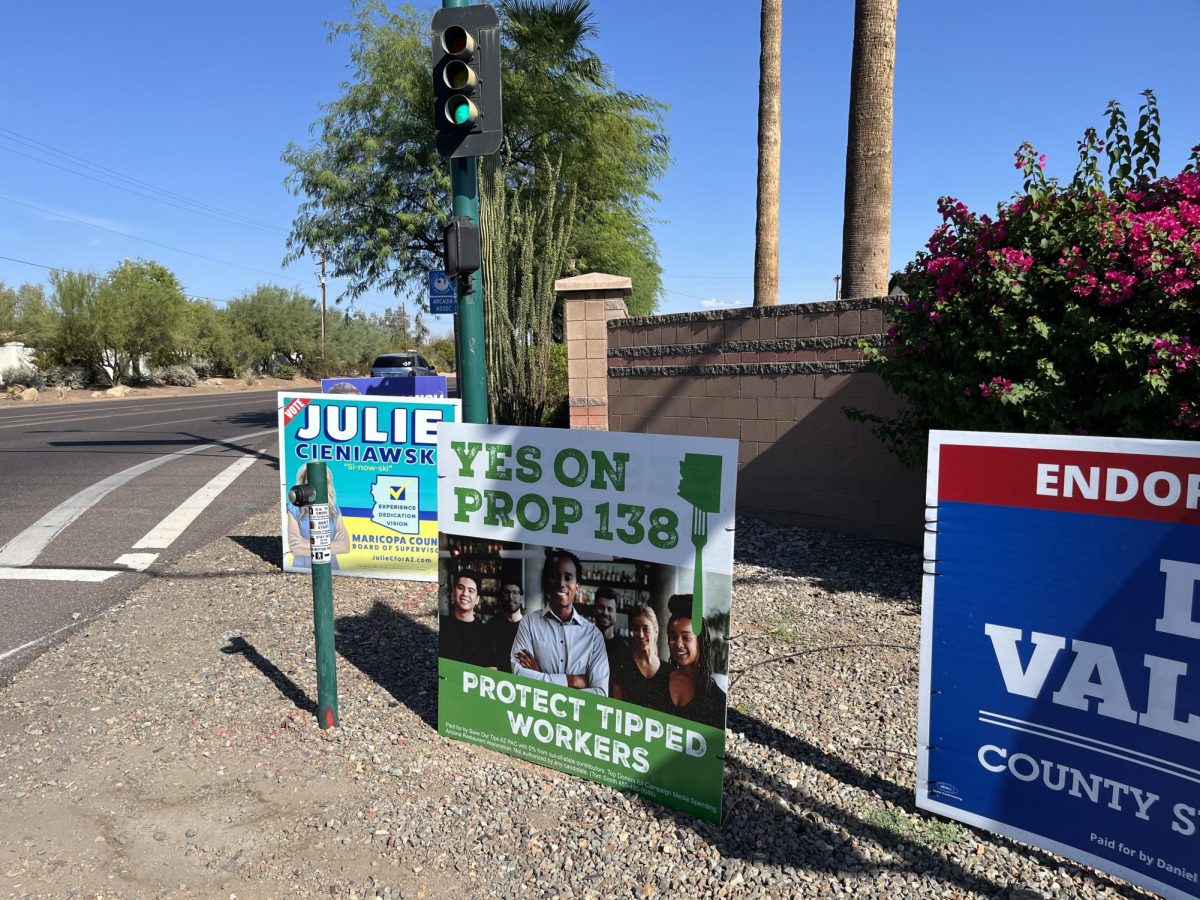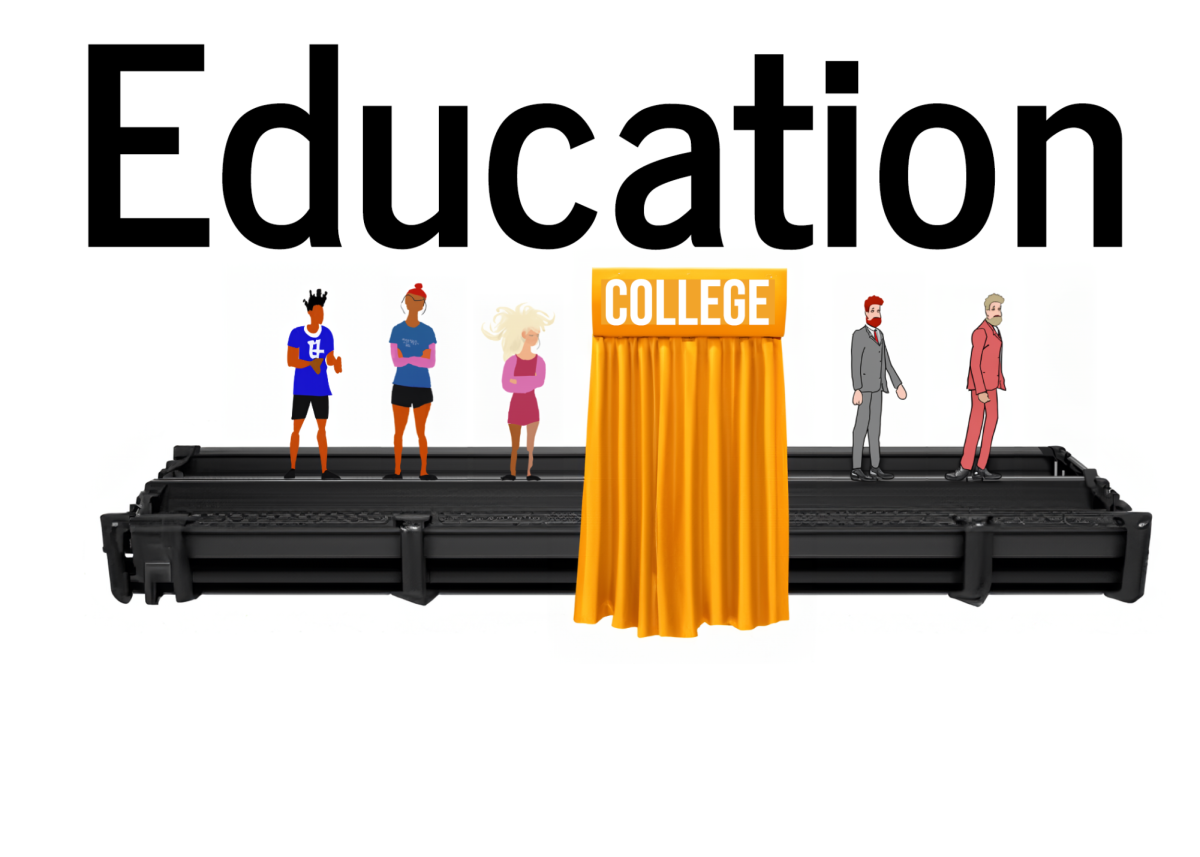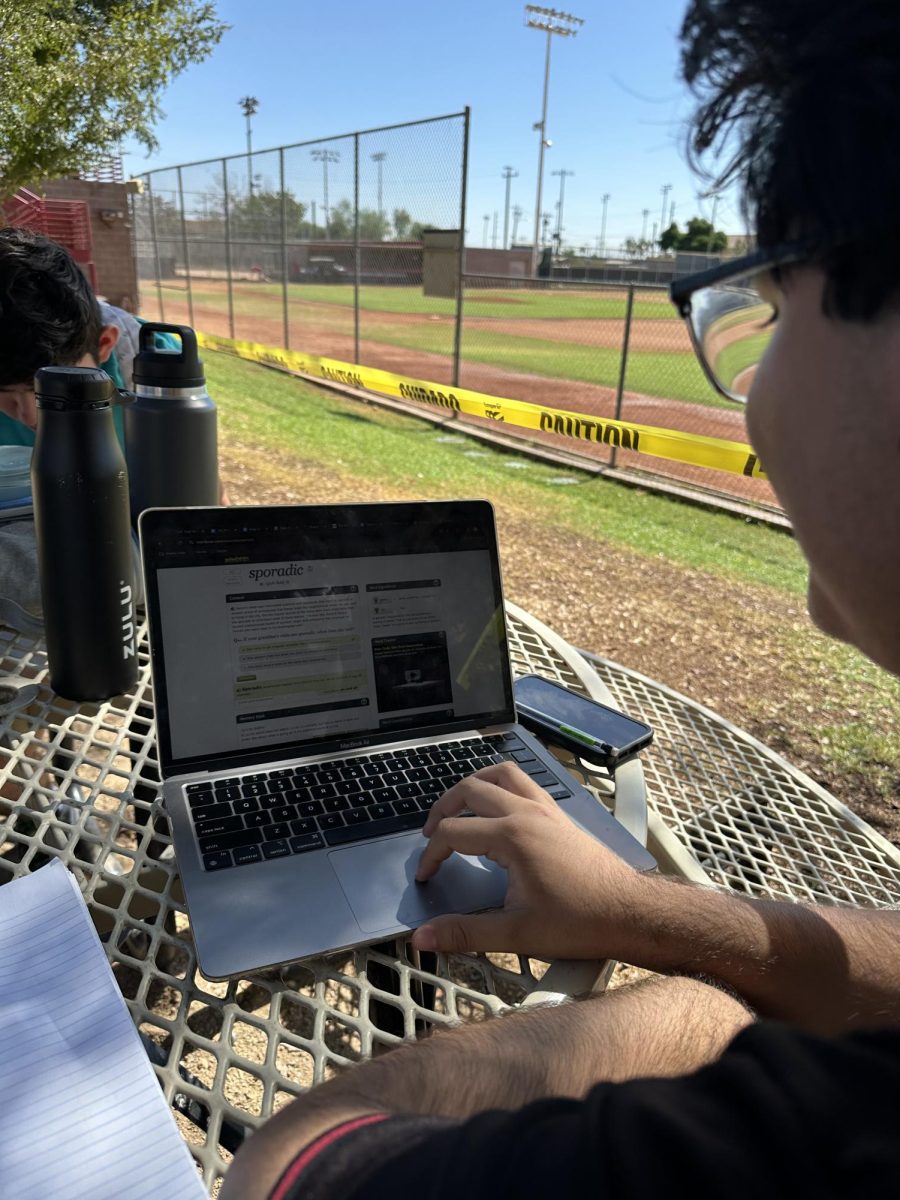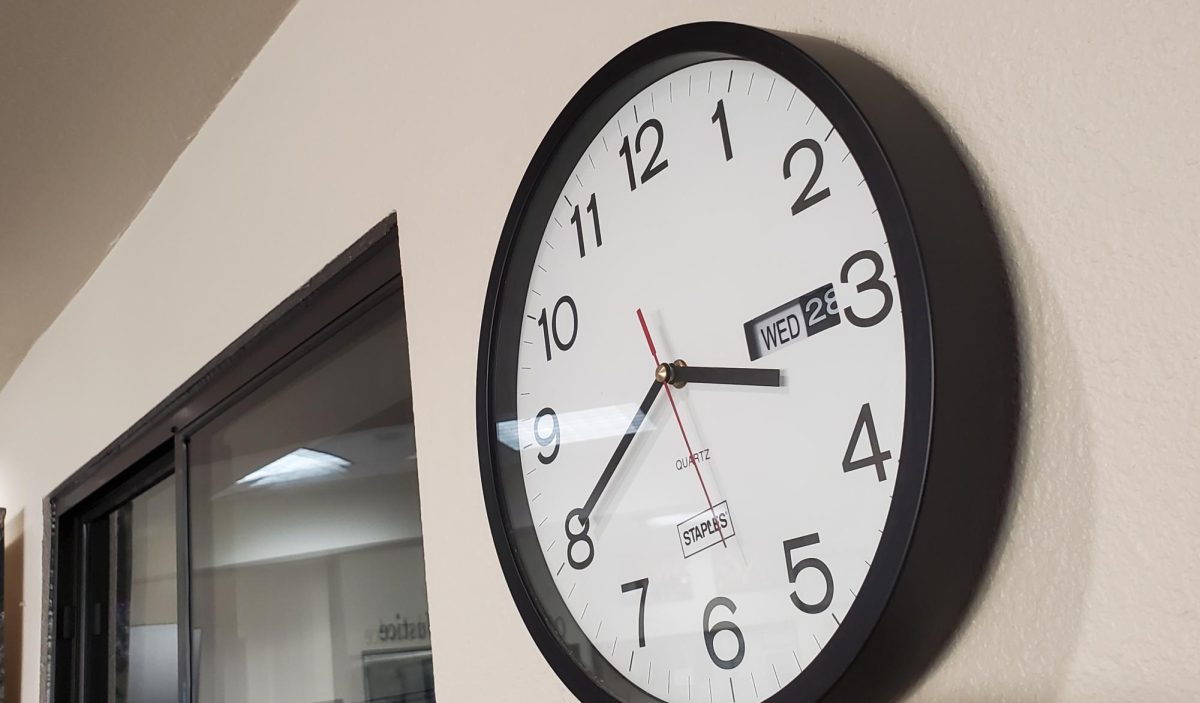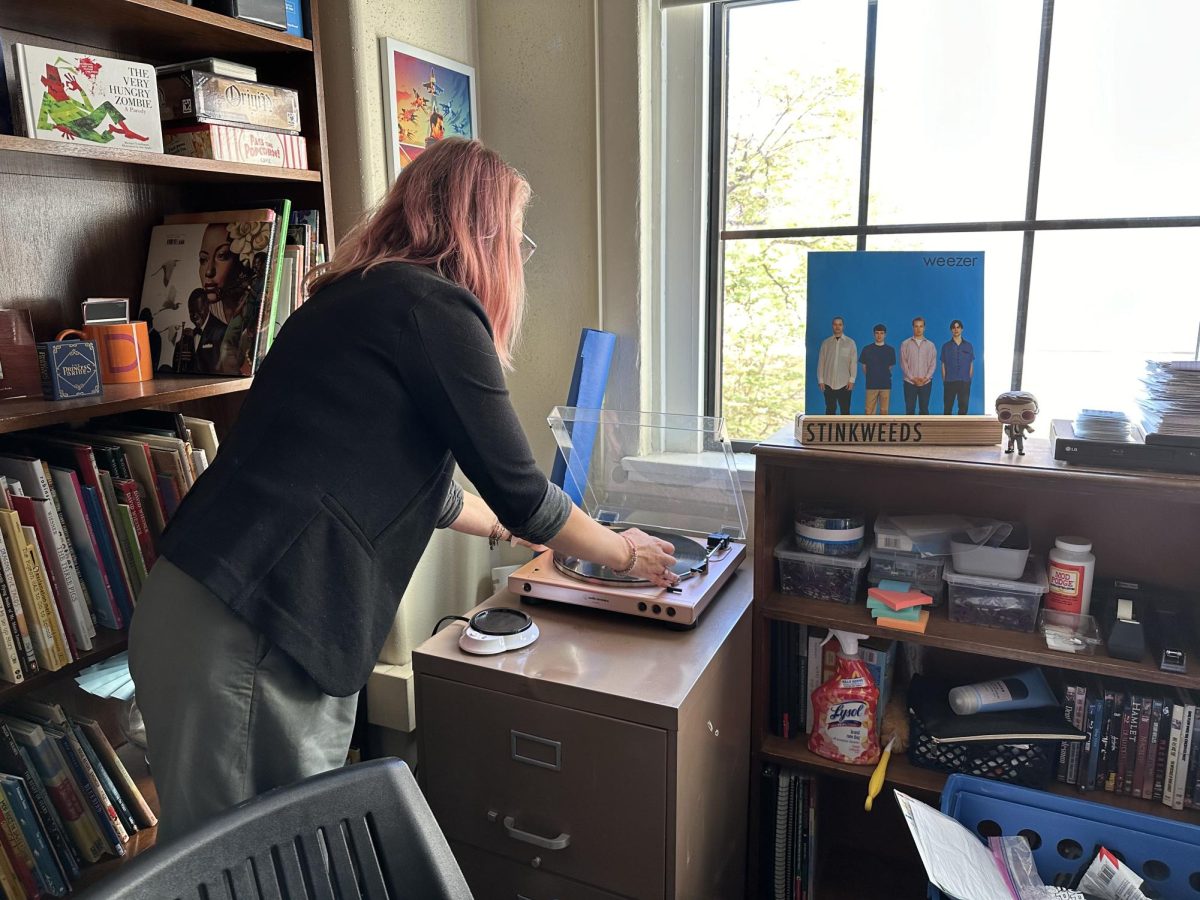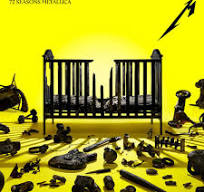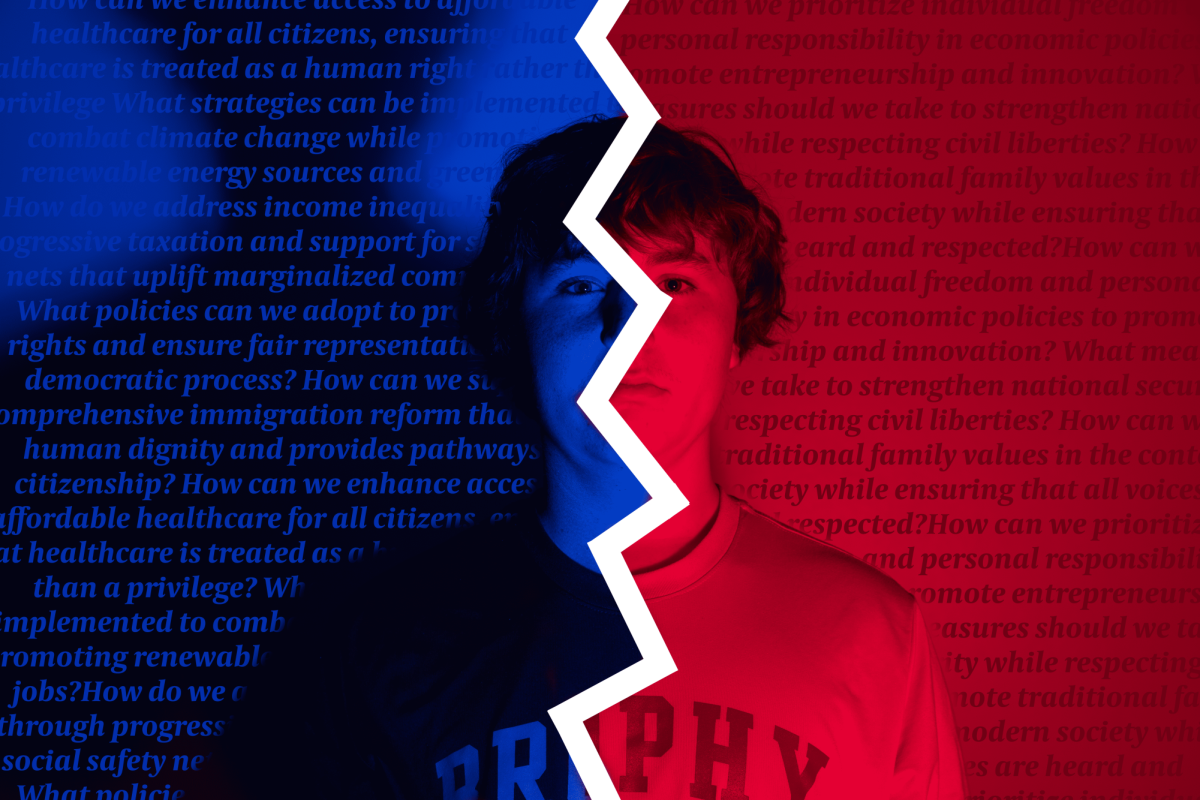By Joe Skoog ’13
THE ROUNDUP
While voting may seem a long way off for many students at Brophy, awareness about the issues and policies that are currently confronting law makers is important for further education and application in the real world.
Many say that there is no reason for youth to be involved in politics, but this argument is proven to be false.
Even if students do not grow up to be policymakers, the education is still valuable.
If anything, the education gained from being involved in politics allows for better infusion of political knowledge in other facets of life, including the voting that will take place when students become 18 years old.
There are many clubs who actively endorse this political awareness, such as Young Republicans and Young Democrats, both of which allow for students to learn about the current political climate of the United States.
Professor at the University of Chicago, Steven Walt wrote, “No doubt some government officials would like to deny ordinary citizens the opportunity to scrutinize their conduct; as a central part of that evaluative process, the scholarly profession should resist this effort wholeheartedly.”
The political awareness and knowledge gained from staying attentive to current issues is important for keeping a check on non-democratic processes that may come to pass absent oversight from the public.
Walt argues that this idea of monitoring the goings on of policies is essential to maintaining ethic political action.
Additionally, if any unethical political action is taken, however, Walt argues that an involvement in the political realm by non-politicians can stop flawed practices once they start.
The debates that come about through knowledge of politics are a cornerstone of democracy.
David Levasseur, a professor at West Chester University, and Diana Carlin, professor of Communications at the University of Kansas write, “Democracy depends on talk, [and] the methods of talk need to aid in the discovery of sound public policy.”
A democracy without debates over the representatives of the aforementioned democracy can descend into a regime where freedom of speech is frowned upon or even illegal.
As citizens, it is a duty of the Brophy student to always be aware of the policies that will shape their life, and the lives of others around them for years to come.
For instance, laws passed in the 1940s are still around today, because of the vibrant debates surrounding them.
Examples include things like the GI Bill, which was used to pay for college for returning veterans of WWII, and is still used to today for returning veterans.
A public that is concerned with their civic duty and with the policies that will affect them is the bedrock of democracy.

